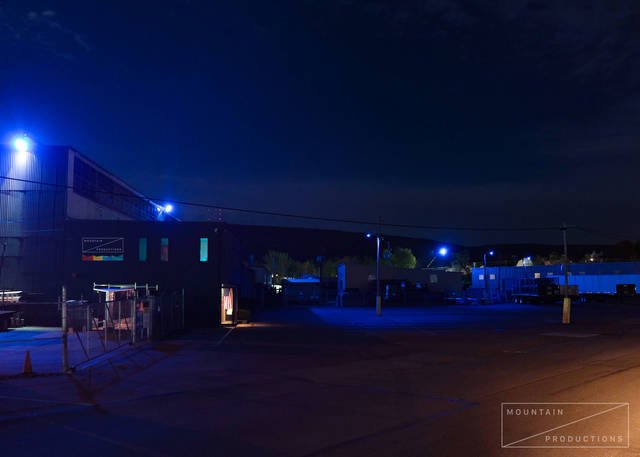A proposed new fee of up to $15 on deeds and mortgages recorded in Luzerne County is under consideration to help fund the demolition of eyesore properties.
County Councilman Harry Haas, who chairs the county’s Blighted Property Review Committee, said he will present a proposed fee ordinance for discussion at Tuesday’s council work session.
The state passed a law in November allowing counties to impose the fee to create a fund to raze blighted structures within their borders.
It’s similar to a state-authorized Housing Trust Fund the county implemented in 2003 to provide matching funds to income-eligible, first-time home buyers and other affordable housing initiatives. That fund comes from a $13 fee on mortgages and deeds.
The county processed 10,583 deeds and 8,679 mortgages in 2016, according to Mary Dysleski, who oversees county deeds and wills.
Based on that volume, a new $15 fee would generate $288,930.
At a recent work session, county assistant Solicitor Shannon Crake stressed council also has flexibility to adopt a lower fee.
Crake noted the funds could be spent on projects in all municipalities, including cities that likely have the most blighted properties.
The blight committee is compiling a new countywide blight database, but only for the county’s 72 boroughs and townships. The four cities — Wilkes-Barre, Hazleton, Nanticoke and Pittston — can’t participate in that new program by law because they have their own redevelopment authorities to address blight, officials have said.
The committee would not manage the disbursement of funds if the new fee is approved, said Haas, citing the county community development office or the county Redevelopment Authority as possible overseers.
Counties using a blight fee must implement protocol on how the money is spent and designate an entity to administer the funds, Dysleski has said. The county community development office oversees the Housing Trust Fund.
Haas said he supports the new fee to help financially struggling municipalities to target blight.
Boroughs and townships also receive county community development funding every three years for public improvement projects, which could include blight elimination, and they may have access to other community development funding for demolition depending on the project and demand.
The county blight committee started accepting applications for its database this week.
Under a process adopted by the committee, municipalities nominating vacant properties must provide documentation on a structure’s last known date of occupancy, blight conditions and citations and other efforts to try to force the owners to address deficiencies.
Once properties are formally placed in the database, the Redevelopment Authority can opt to do nothing or take action.




